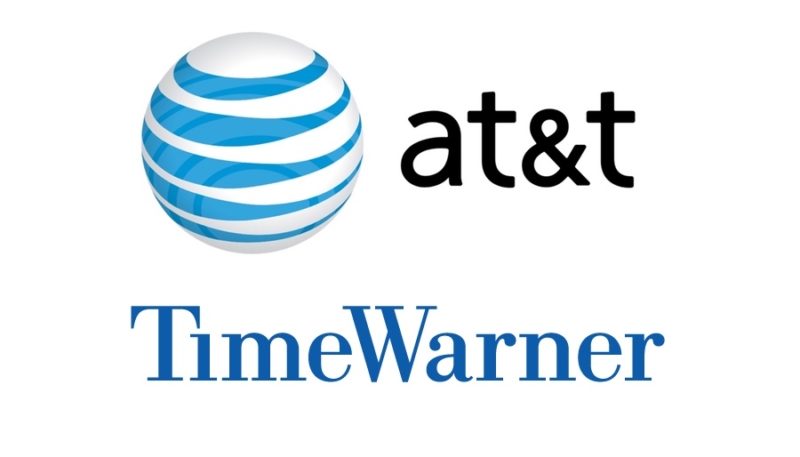AT&T on Thursday announced that it has crossed all the t’s and dotted all the i’s, completing its acquisition of Time Warner. A U.S. District Court judge ruled the merger could move forward earlier this week.
“The content and creative talent at Warner Bros., HBO and Turner are first-rate. Combine all that with AT&T’s strengths in direct-to-consumer distribution, and we offer customers a differentiated, high-quality, mobile-first entertainment experience,” said Randall Stephenson, chairman and CEO of AT&T Inc. “We’re going to bring a fresh approach to how the media and entertainment industry works for consumers, content creators, distributors and advertisers.”
Stephenson said the future of media entertainment is rapidly converging around three elements required to transform how video is distributed, paid for, consumed and created. Today, AT&T brings together:
- Premium Content: Broadly distributed, robust premium content portfolio that combines leading movies and shows from Warner Bros., HBO and Turner, along with more targeted digital content from Bleacher Report, FilmStruck and AT&T’s investment in Otter Media, among others.
- Direct to Consumer Distribution (D2C): AT&T has more than 170 million D2C relationships across its TV, video streaming, mobile and broadband services in the U.S., mobile in Mexico, TV in Latin America, in addition to D2C digital properties such as HBO NOW, Boomerang, FilmStruck and CNN.com.
- High-Speed Networks: AT&T‘s leading wireless and fiber network, including investments in new technology such as 5G, will provide the network bandwidth required as customers increase engagement with premium video and emerging 4K and virtual reality content.
The news comes on the heels of an announcement by the United States Justice Department said that it would not attempt to stop the merger from happening, even though it believes the merger will make the pay TV market “less competitive and less innovative.”
The deal had been on hold since November when the DoJ filed a lawsuit to put a stop to it, saying the merger would lead to higher monthly bills and reduced service options for consumers. The DoJ can still appeal the decision if it chooses to.


